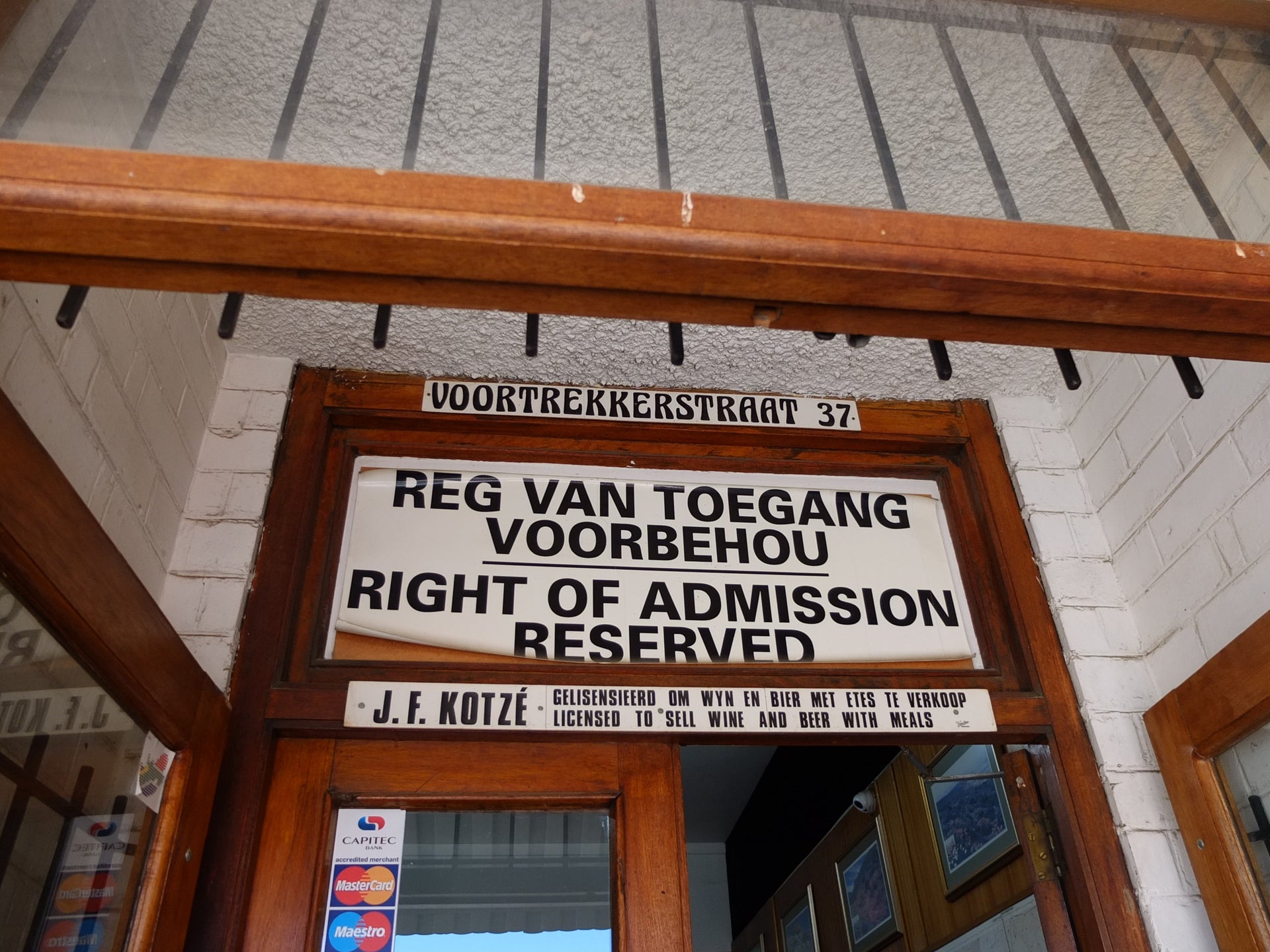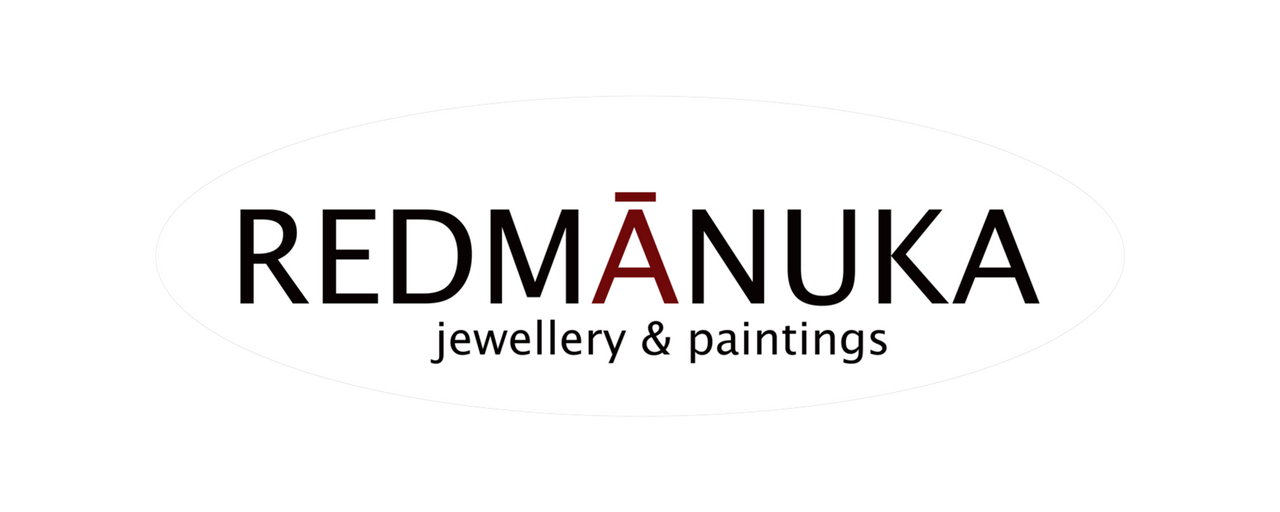
Fish River Canyon and The Afrikaners

Afrikanerdom is well and truely alive in these parts. Afrikaans is spoken predominantly by both the whites and Africans. On the surface it does not look like much has changed since the New Democracy. It is a difficult issue. The Afrikaners never voluntarily gave up power. Their reign of oppression lasted over a hundred years and it is I imagine reluctantly that they have relinquished control to the new democracy. The S.A government is now requiring companies to relinquish 51% of their ownership to African ownership. This is controversial as the economy is already struggling to deal with many issues. But I can understand the intent, until the economic power base shifts then the change has not been fundamental. Here in Namibia, Afrikanerdom also still seems to have a footprint. From a cursory observation, the large firms that dominate the lower Namibian Savannah are still Afrikaner owned whilst the local Nama and coloureds still live in small settlements of tiny brick houses. It would be interesting to talk to these residents to see how things have changed post independence. Certainly in Northern Cape you could see the huge farmer houses, with the farmers in their flash Hiluxes and similar whilst the workers are still in very low cost housing. With wages at an equivalent $2.50/hr it is hard to see change coming soon.
No one disputes the hard yards put in by these farming families to establish this agricultural powerhouse of production in an often hostile environment, hard yakka for sure. I was told there are increasing conflicts between angry Africans wanting their ancestral land , with the outcome being killings of farmers in some areas. Not a suitable outcome, but a sign of the desperation of many.
I think this is where to Afrikaners and others the death defying walk through the Fish River Canyon has so much importance. Five days walking eleven hours a day in an environment inhabited by scorpions, snakes and baboons. It is so dry and geological with all the exposed rock strata and mineral deposits. It is like a mini recreation of the great Afrikaner trek into the unknown to emerge into the promised land. A spiritual rite of passage for a people who’s family values, devotion, and hard work are legendary. Whose legacy none the less will be the oppression, and suppression of generations of Africans in their own lands.

